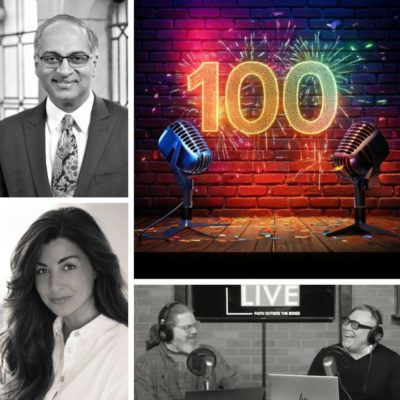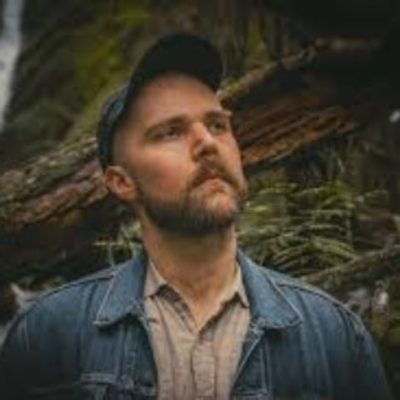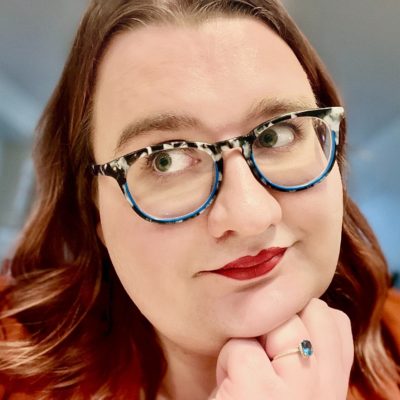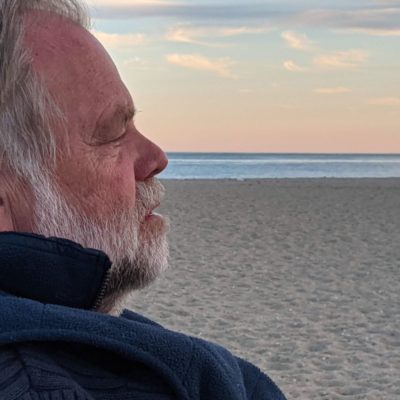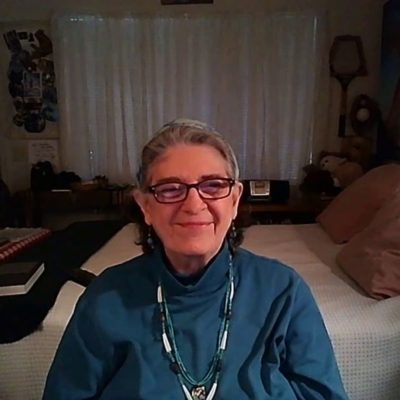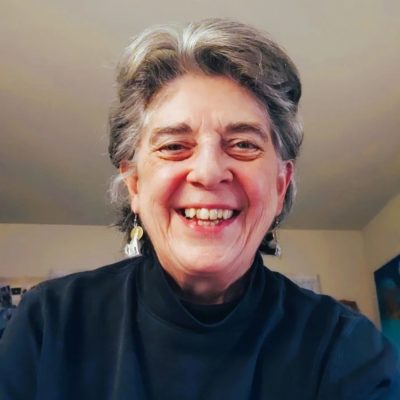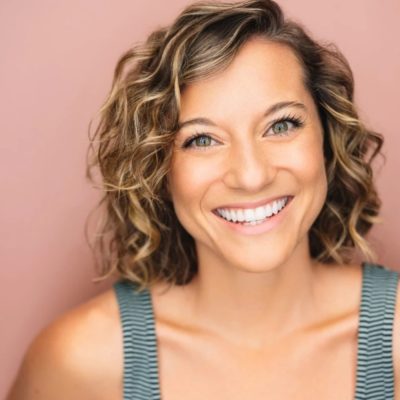The State of Faith Today (& Imagining the Faith of Tomorrow): A 100th Episode Special
It’s our 100th episode! We celebrate this milestone with a lively conversation with our first guest speakers, two innovative spiritual thinkers who helped us launch the first Radical Love Live event 5 years ago. We welcome back author, minister, and post-Christian thinker Maria Francesca French and scholar, author, theologian, and minister John Thatamanil to revisit the first topics we took on at the beginning of this project—Crisis and Change—and to check in on how our world and the state of faith has changed since we first spoke.
In this episode we delve into such topics as how we continue to search for meaning and purpose in a post-truth world, how humans often find something to worship even in the absence of God, and how the power of imagination and story can help us find that which is true as we face each new day.
Maria Francesca French is the author of Safer than the Known Way: A Post-Christian Journey and Reconfiguring: A Collection of Post-Christian and Theologies (Quoir Publishing). She has spent her career in theological education as both professor and administrator, holding two MAs and a DMin. Maria has worked in innovative church contexts, planting, and denominational leadership focused on the intersections of faith and culture. Offering new forums for faith engagement and theological imagination that are viable and sustainable for an uncertain future, exploring Radical Theology and post-theist thought for the present and future of faith.
Dr John Thatamanil is Associate Professor of Theology and World Religions at Union Theological Seminary in the City of New York. He is the author of Circling the Elephant: A Comparative Theology of Religious Diversity (Fordham University Press) and
The Immanent Divine: God, Creation, and the Human Predicament; An East–West Conversation (Fortress). He teaches a wide variety of courses in the areas of comparative theology, theologies of religious diversity, Hindu-Christian dialogue, the theology of Paul Tillich, theory of religion, and process theology. He is committed to the work of comparative theology―theology that learns from and with a variety of traditions. A central question that drives his work is “How can Christian communities come to see religious diversity as a promise rather than as a problem?”



